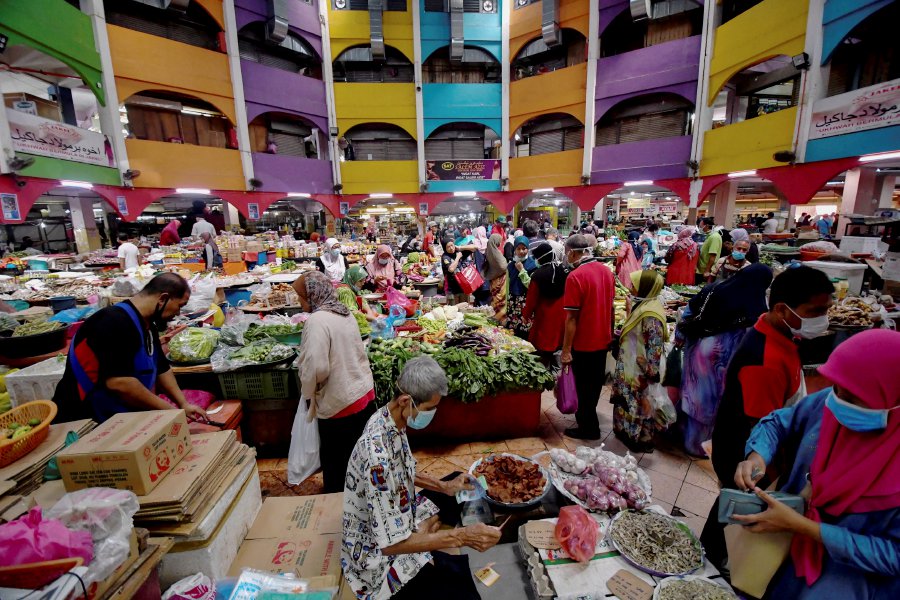KUALA LUMPUR: About 70 per cent of the small and medium enterprises (SMEs) in Southeast Asia started their business with seed money raised from their savings and family and friends' financial support, according to a report published by Funding Societies.
The SME Digital Finance and Payments Behaviours: Southeast Asia Report 2023 report also showed that funding from traditional banks consists of 23 per cent while the remaining 7 per cent turned to alternative sources such as fintech companies.
Funding Societies surveyed nearly 1,000 SMEs in Malaysia, Singapore, Indonesia, Thailand and Vietnam, all of which are countries the company operates in, to better understand how these businesses think.
The report comprised respondents under the SME category, including micro (74 per cent) and business owners themselves (63 per cent), surveying both customers of Funding Societies (59 per cent) as well as non-customers (41 per cent).
Funding Societies Malaysia country head Chai Kien Poon said it provides valuable insight into the challenges and opportunities faced by micro small, and medium enterprises (MSMEs) in Malaysia.
"It is evident from the report that most MSMEs in Malaysia still rely on personal savings and family support for startup capital.
"This underscores the need for innovative financial solutions tailored to the specific needs of Malaysian MSMEs," he said in a statement.
Chai said access to financing remains a critical concern for Malaysian MSMEs.
He said the report reinforces the importance of fintech platforms like Funding Societies in bridging this gap and providing MSMEs with the necessary financial support to grow and thrive.
"As we continue to navigate the economic recovery post-pandemic, this report serves as a roadmap for both policymakers and financial institutions to serve the Malaysian MSME segment better, ensuring
they have the tools and resources they need to succeed in an ever-evolving business landscape," Chai said.
Across the region, respondents said that their biggest expenses were daily operations (32 per cent) and inventory and supplies (32 per cent).
However, Vietnam deviates slightly from this observation, where employees' salaries are the largest expense after daily operations.
Low-interest rates significantly influence SMEs to switch brands, especially in Singapore.
More than half (62 per cent) of SMEs in the region are likely to switch brands due to their dissatisfaction with the experience offered, most likely in Indonesia and Singapore.
/end


